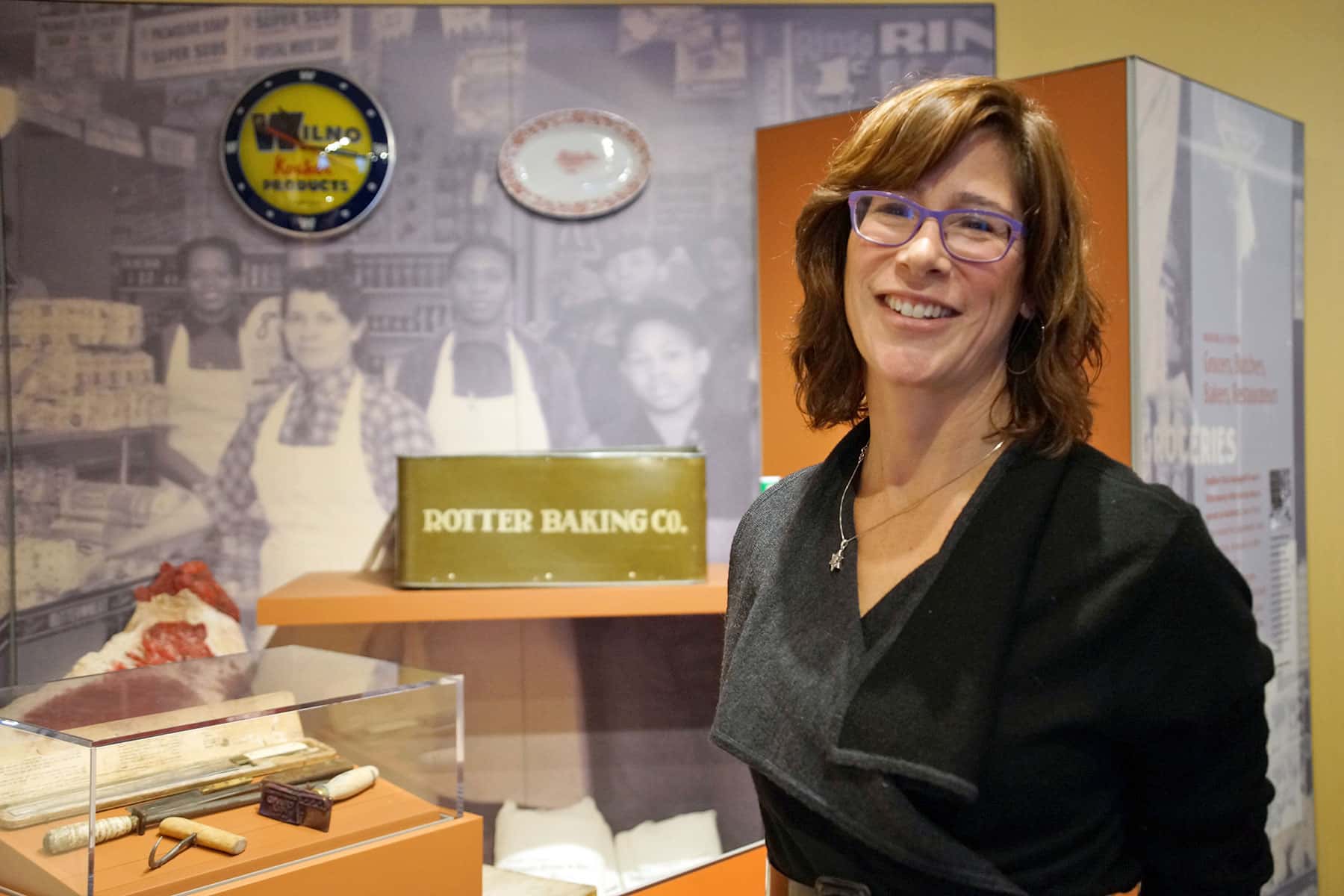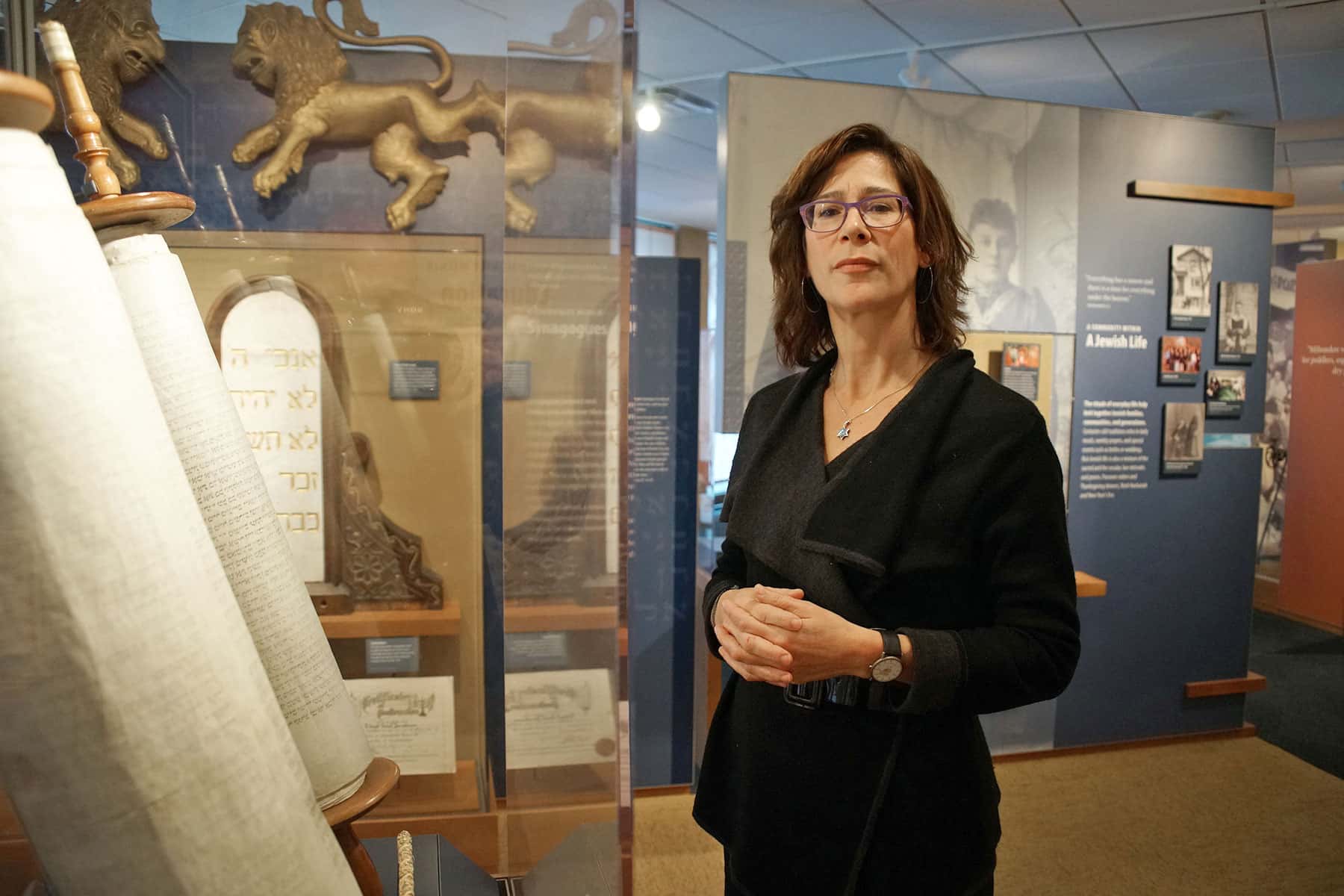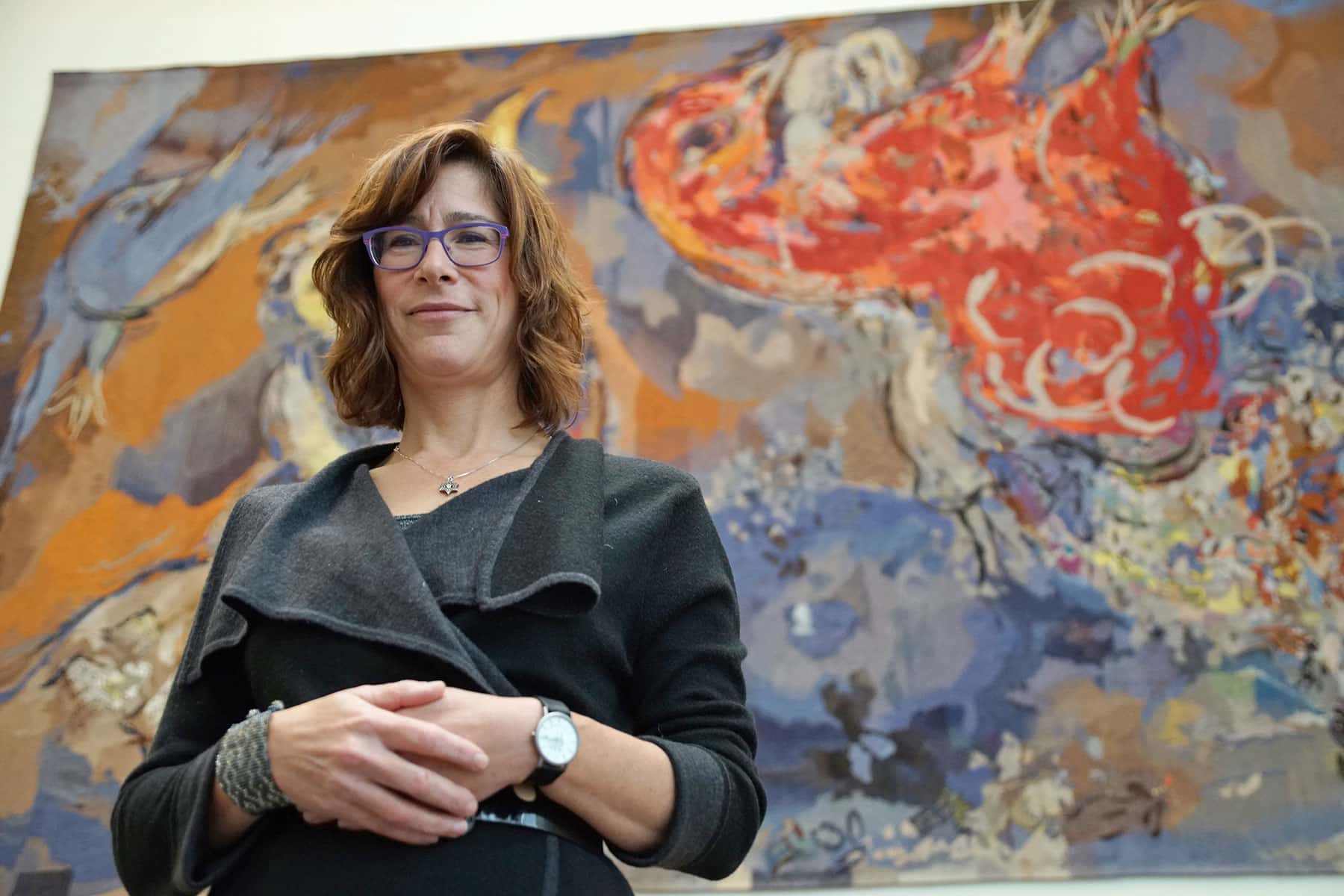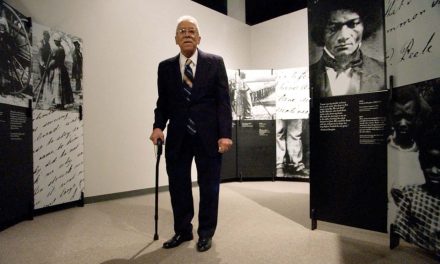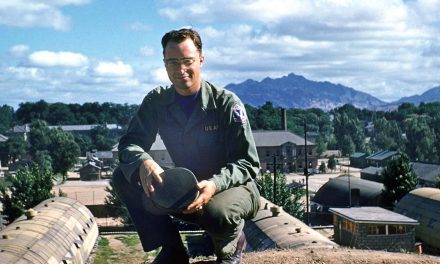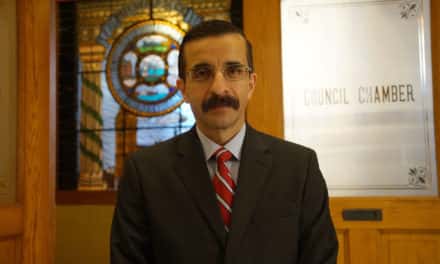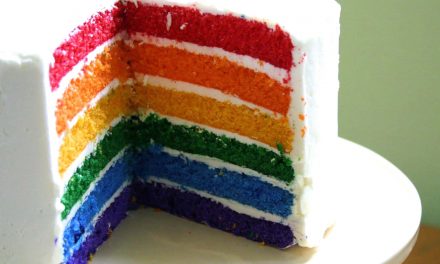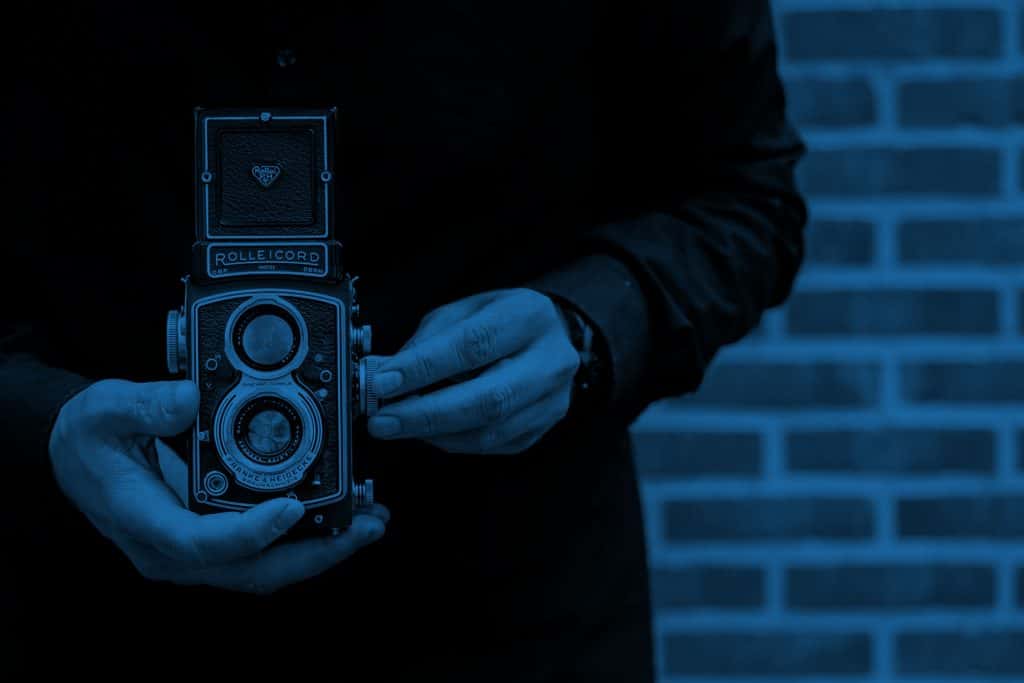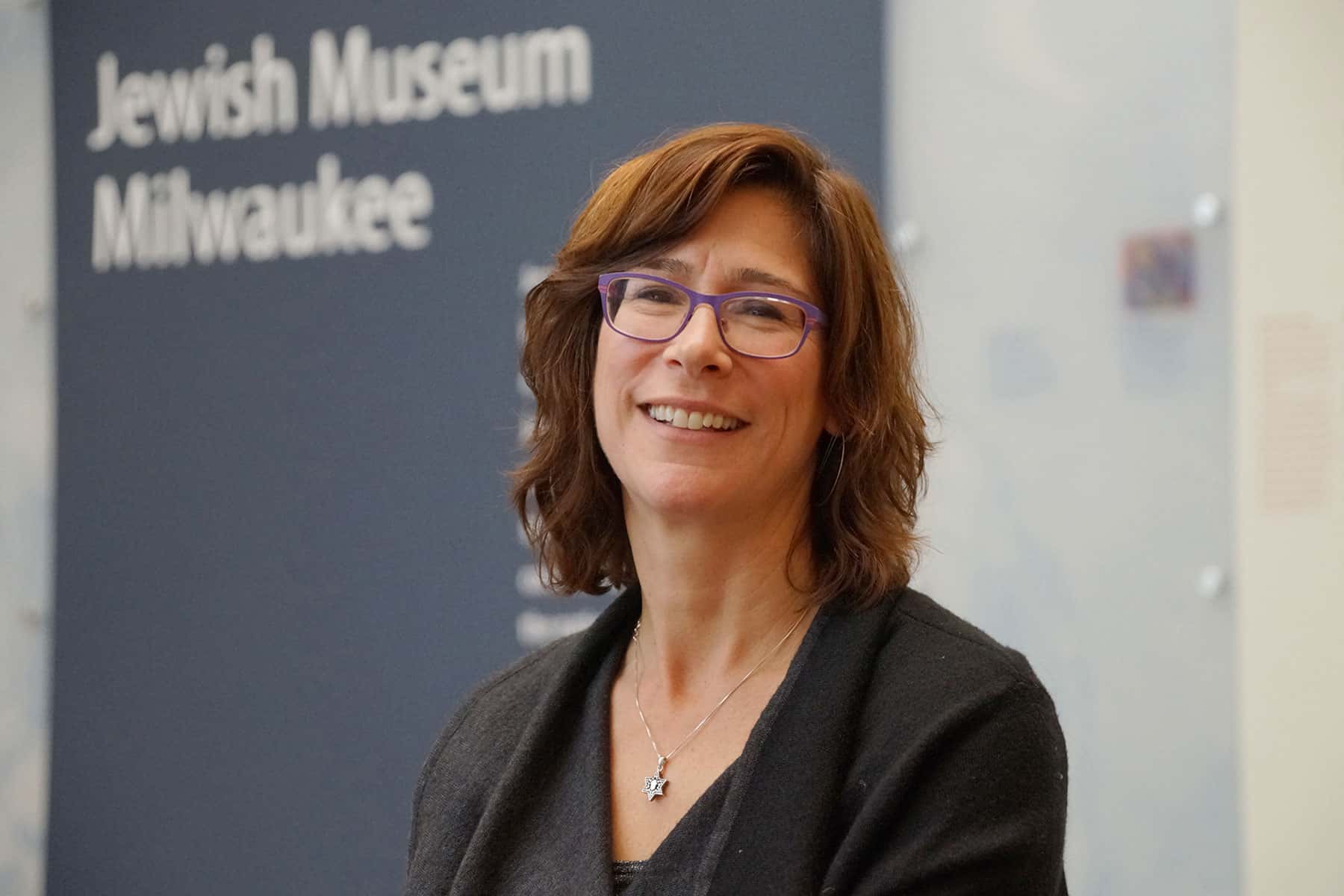
After leaving the Jewish community of Milwaukee, where her grandfather owned a grocery store in Bronzeville, growing up in Salt Lake constantly showed Elana Kahn just how different she was.
The experience taught her to become comfortable as both a Jew and an outsider, and how to celebrate “others” as a process for building a more inclusive Milwaukee.
Q&A with Elana Kahn
Milwaukee Independent: How was faith an influence during the formative years of your youth?
Elana Kahn: I would divide the question into two parts, about faith and faith identity. About faith, I went through a very conscious process. We always had a very Jewish home, with a highlight being Friday night dinners with our family, but I was about eight years old when my parents decided to engage more deeply with Judaism. That led to attending an Orthodox synagogue and embracing more religious observance. It happened to coincide with moving to Salt Lake City, where the issue of faith identity became more central.
As opposed to my early years in Milwaukee’s North Shore, where I was surrounded by Jews and there was some familiarity and comfort with Jewish community, in Salt Lake it was impossible to ever forget that I was different. To complement being one of such a small number of Jews in my school, I got very involved in a youth group, which included regional and international meetings, and went to Jewish residential summer camps in California and Pennsylvania. Perhaps ironically, living as part of an extreme minority led me to have a very deep connection to being Jewish. I spent seven years in Salt Lake City, which included junior high and high school. In retrospect, it was a great experience to become comfortable with being an outsider.
Milwaukee Independent: Have you ever felt discriminated against for being Jewish?
Elana Kahn: Sure. I remember a traumatic incident when I was quite young in Bayside, when someone spray-painted “kike” on the side of our garage. And I remember a kid in elementary school complaining when a new student arrived, “Just what we need, another Jew.” Those incidents stuck with me, but they were rare. I should add that I think people make comments like the latter all the time, but not usually in earshot of people they recognize as Jewish. And there are places I just wouldn’t put myself because I know about anti-Jewish hatefulness. More common is a series of assumptions that I experience all the time, people making comments about wealth or power.
Milwaukee Independent: Do you find people still have stereotyped views of the Jewish community, and if so what are they and why do you think these still exist?
Elana Kahn: I do think that there are persistent stereotypes. There are assumptions about Jews being wealthy, powerful, greedy. Though this country is a great place to be Jewish, there’s less anti-Semitism here than in most places, we see expressions of prejudice all the time. People still think that we control the media, Hollywood, government, banks. The attribution of power to an entire community gives people a free pass to dismiss or malign that community.
Some of that old anti-Semitism was apparent in this presidential election, with a particular candidate evoking classical anti-Semitic tropes. Remember the image that was tweeted of a dollar bill featuring his opponent and a Star of David? Or those comments about international bankers? Those comments were clearly a dog whistle for white supremacists.
Frankly, I think the stereotypes exist because people need them. Rabbi Lord Jonathan Sacks says that hatred of Jews is the bellwether for a community’s health, in that hatred may start with Jews (the classic “Other”) but always extends to other “Others.” Whether the motivation is religious, racial, or political, I think it comes from a human need to create an Other and therefore strengthen one’s sense of their own identity. It’s a classic Us versus Them narrative in which we attribute all kinds of evil and malevolence to the Them, the Other. There is something very appealing about targeting Jews, it seems. Before the late 19th century, people hated Jews primarily because of religion. In the early 20th century, that hatred was focused on Jews as a race. Now, there are many who hide behind politics. But I think it’s all expressions of the same persistent hatred.
Milwaukee Independent: What would surprise people to know about Jewish history in Milwaukee?
Elana Kahn: I think people may know that there was a vibrant Jewish community in Bronzeville. My grandfather had a grocery store there, and there are still some prominent family businesses on MLK Drive. And perhaps people know that some of this city’s institutions – Mt. Sinai Hospital, COA – were started by members of the Jewish community, with the former being a response to Jewish doctors not being welcome to practice at other hospitals. Milwaukee has never had a Jewish mayor, but members of the Jewish community are deeply engaged and invested in the greater Milwaukee area and the wellbeing of its residents.
Milwaukee Independent: What was the most important lesson you learned as editor of the Wisconsin Jewish Chronicle?
Elana Kahn: I think my most important lesson was about the power of storytelling. Telling personal stories created opportunities for people to connect with other people, and by extension, with humanity. That expressed itself two ways, in my approach to every story and in my own editorial writing. About the former, I believe strongly that every good story is essentially about people. When we covered a program or event, we focused on the people behind the program, those who would be affected by it, and those who attended it. People care about people. In my own first-person writing, I found that the more I took risks, told honest stories in an honest voice, the more positively they were received. I think there is real hunger for human connection.
Milwaukee Independent: Why are you passionate about building a religiously inclusive Milwaukee?
Elana Kahn: I’m passionate about Milwaukee being inclusive to people regardless of all of our differences. A community that is more tolerant of differences, in which people not only recognize commonalities but celebrate differences, is a community in which people thrive and people can together work for the common good. The community we create together affects all of us. If we allow bigotry and discrimination, the very fiber of our shared community weakens. Perhaps an apt metaphor is that one cannot drill a hole under his or her seat on a boat without it causing the entire boat to sink. Said another way, if we permit intolerance of any segment of our community, that intolerance will shift over time and change its target. Today it’s you, tomorrow it’s me. Doesn’t it seem a better idea to together build a culture in which people stand up for each other, call out bigotry, interrupt hatefulness, and therefore bring out the best in all people?
Milwaukee Independent: Have you observed a culture shock in Jewish people from Milwaukee when they visit Israel?
Elana Kahn: Perhaps the most common surprise for all visitors to Israel and the Palestinian territories is that everything is complex. You find people living their lives and trying to do their best. Most Israeli Jews are not religious. Israelis are a diverse group. Arabs and Jews interact in many ways and in many places. There is robust debate all the time and in many spaces. And there is an openness about wrestling with the most essential questions of society and humanity. I think people often feel moved and overwhelmed by that.
Milwaukee Independent: What is the most common question you are asked, and what does no one ever ask that you have always wanted to talk about?
Elana Kahn: I think that increasingly I try to get beyond small talk to listen more attentively and engage more deeply. What’s the risk of being totally and fallibly human, of speaking beyond the expected script? Is it worth being vulnerable in personal and professional settings? I’m embarking on a lifelong project of speaking my truth, even when it’s clunky and clumsy and sometimes inappropriate. I often find that it’s disarming and allows me to connect more deeply with people.
So I’m dodging the questions. I’m often asked “issue” questions: what do I think about this or that local, domestic, or international issue. And I’m doing a better job at digging beneath the issues to talk about more human issues. I always want to be seen as more than just a figurehead or figure, but a full person.
Milwaukee Independent: Have you spoken to members of the Jewish community living in the Sherman Park area about the August 13th incident, and if so what was their reaction to the event?
Elana Kahn: I obviously can’t speak about everyone’s reactions but many have talked about the ongoing connections and cooperation in the neighborhood. Yes, I think the news was frightening and unsettling, but I think the neighbors quickly returned to their strong relations. It’s a wonderful community. My parents lived there as children and returned about 25 years ago. Last fall, they sold their house, but it’s still their community. In many ways, I feel that it’s my community too.
Milwaukee Independent: How was the Milwaukee Latino-Jewish Alliance (JCRC) formed and what has been its impact on both communities?
Elana Kahn: The Latino-Jewish Alliance began with conversations between the late Juan Carlos Ruiz and Jose Sectzer, an Argentinian member of the Jewish community. The circle expanded, with deep investment by Darryl Morin and other leaders in both communities. We’ve held a few events and co-sponsored a candidate forum for the last Wisconsin Supreme Court election. There’s much more to do, of course, but what has been most impactful has been the personal relationships and the undeniable trust that we’ve built. These connections make both communities stronger a they transform strangers into allies and friends, who will hopefully interrupt bigotry and stand up for issues that are important to the other community.
As we’ve seen with our other alliances, including our African-Heritage Jewish Community group, we have so many community members with intersecting identities, including Latino Jews and Jews with African heritage. It’s a palpable relief to explore issues and concerns that we have in common and to share those that highlight our differences.
Milwaukee Independent: What has working with Darryl Morin taught you about Milwaukee’s Hispanic history and population that you were previously unaware of?
Elana Kahn: Darryl teaches me all the time, through his humility, commitment to community, and expression of our shared values of kindness and thoughtfulness. He demonstrates what it means to be a true friend, and I’m thankful for him.
Milwaukee Independent: What personal or professional achievement are you most proud of, and what yet do you want to accomplish?
Elana Kahn: Frankly, I can’t think of one particular achievement, but I am excited about our new yearlong initiative called “Let’s Talk Israel,” which increases opportunities for robust, thoughtful and civil conversations about Israel. Each community has topics and issues that cut right to the bone and prevent people from listening openly. That’s because those issues matter deeply. Perhaps my greatest professional focus now is developing avenues and strategies that allow us to talk with each other with more care and respect, not by filtering ourselves but by learning to listen with more compassion.
We recently brought to Milwaukee speakers from the Parents Circle-Families Forum, a group of bereaved Israelis and Palestinians who have lost loved ones to the conflict. They spoke throughout Milwaukee and modeled forgiveness and reconciliation. Because they must. Because their futures are intertwined. In Milwaukee that’s true also. Our futures are intertwined and we must find a way to build real relationships across lines of difference in this city. There’s always going to be an Us and a Them, I think it’s human nature. I’m grateful for the opportunity to work for change on a communal scale, to do good by expanding our sense of Us to include more people we might otherwise categorize as Them.
Personally, I’m proud of raising two kind and thoughtful daughters who care about family and the effects of of their actions on humanity and the earth. My 19-year-old daughter and I were recently talking about whose opinions of us matter most to us, and it was clear to me that I most care about the opinions of my parents and my daughters. That’s my firmest rooting. I’m 49, studying for a Master’s Degree, working full-time, and facing life wholeheartedly. A pretty good life.
Milwaukee Independent: What is your hope for the future of Milwaukee?
Elana Kahn: Milwaukee has a culture of stability, which can also be called very slow change. People are very rooted in “how it’s always been done” and a resistance to change. But it has become clear that it’s time for us to face some of our most urgent issues – segregation, racism, violence, and extreme inequity in access to opportunity. We just cannot continue to be two or more separate cities.
My deepest hope is that we learn to collaborate across lines of difference and with all levels of power to create a community of innovation and risk-taking. We cannot pretend that it’s possible for one part of the city to thrive and another to suffer with pervasive trauma. I love the grit of this city, and I’d like us to become a model for the nation.
It’s been said that, in addition to the Statue of Liberty, this country needs a Statue of Responsibility. I think that’s absolutely right, but responsibility is also a communal task. We need to build a community of shared responsibility in which we build each other up, we support each other, ensure justice for all, create a strong safety net for those who need it, and truly take responsibility not just for ourselves but for our entire community.
Milwaukee Independent: What community service programs does the Jewish Federation support and how can people get involved to help?
Elana Kahn: The JCRC recently hired a fabulous project leader for Hours Against Hate, a program that originated in the State Department and urges people to build relationships with people who look, live, love, and pray differently than they do. We are focusing on building a program for middle and high-school youth, and are now reaching out to schools, nonprofits, organizations, and faith communities. Anyone interested in developing avenues for building relationships among youth across lines of difference should contact Julie Turetsky in the JCRC office.
We also run a vibrant and longstanding Catholic-Jewish Conference, and are planning a variety of programs about mercy in early 2017. I hope that people will join us for that shared study about how we can increase mercy in all that we do, all pursuits of justice require at least an equal portion of mercy.
On Saturday night, January 21, JCRC, NAACP, and First Stage Theater will hold a program in conjunction with First Stage’s production of “Welcome to Bronzeville.” It will be a great opportunity to look at common roots, current connections, and opportunities for a vibrant cooperative future.
We are a member of the Community Coalition for Quality Policing (CCQP), a growing coalition driven by the purpose of improving police-community, reducing crime, and improving the lives of officers and the people they serve and protect by implementing a new model of policing in Milwaukee. We recently brought into town a trio (attorney, community organizer, and police officer) from Cincinnati who shared with us how they transformed their city’s model of policing. There will be multiple opportunities in the future to learn and get involved.
The JCRC is a department of the Milwaukee Jewish Federation, which supports and runs programs that serve the Jewish community and the community-at-large. The Jewish Museum Milwaukee is fabulous. Our Nathan & Esther Peltz Holocaust Education Resource Center runs excellent programs for teachers, students, and the general public. I urge people to check out our website and Facebook pages.

